PROTECT YOUR DNA WITH QUANTUM TECHNOLOGY
Orgo-Life the new way to the future Advertising by AdpathwayAs we look toward an abundant warm season, pick our palettes, and transplant our annuals, the longest-lasting blooms with continual color and easy care give the best return on our investment. Flowering annuals embellish a leafy backdrop, energize borders, and draw the eye to focal areas. In addition to boosting aesthetics with their all-season color, those with nectar and pollen-rich blooms serve pollinators like butterflies, bees, and hummingbirds.
Annuals are the instant way to boost curb appeal. They allow us to change the garden’s look through colorful drifts, formal patterns, or pops of contrast. Reliable blooming annuals shine in the front of the border and don’t flinch during high heat, periodic dry spells, or even humidity. Many varieties even enjoy some shade and are deer resistant.
For dynamic borders that withstand seasonal conditions, opt for durable performers that don’t miss a beat. These workhorse flowering annuals dress up the border with extended color and few needs beyond their basic growing requirements.
Fiery Sunrise Blend Gomphrena

QIS Fiery Sunrise Blend Gomphrena Seeds
Sparkle Blend Iceplant

Sparkle Blend Iceplant Seeds
Lemon Drop French Marigold

Lemon Drop French Marigold Seeds
Mexican Zinnia
 Blooms look like tiny suns, cheerful right into fall.
Blooms look like tiny suns, cheerful right into fall.Mexican zinnia is a fast-growing annual for the border with a blanket of gold flowers until frost. The vibrant ray petals have deep orange central discs with varieties in red, orange, purple, and tricolor, with single, double, or semi-double one-inch blooms.
Mexican zinnia is disease-resistant and grows vigorously in high heat and humidity. They have a long bloom season, attract pollinators, and are deer-resistant. The tough annual is a Fleuroselect winner and a Dallas Arboretum “Flameproof” selection for its performance in heat-tolerant trials.
Hardy hybrids of Z. angustifolia like ‘Profusion Orange’ (a Royal Horticultural Society Award of Garden Merit recipient) boast drought tolerance and disease resistance. ‘Profusion’ performs across climates with pincushion blooms from summer through fall.
The single or double blooms are smaller than traditional zinnias on forms that softly mound instead of standing tall. ‘Orange,’ ‘White,’ ‘Cherry,’ and ‘Double Deep Salmon’ are All-America Selections award winners. ‘Cherry’ is a Fleuroselect Gold Medal recipient.
Zinnias need good air circulation to thrive. Well-drained soil and full sun situations prevent pests and fungal diseases, especially in humid climates.
Lantana
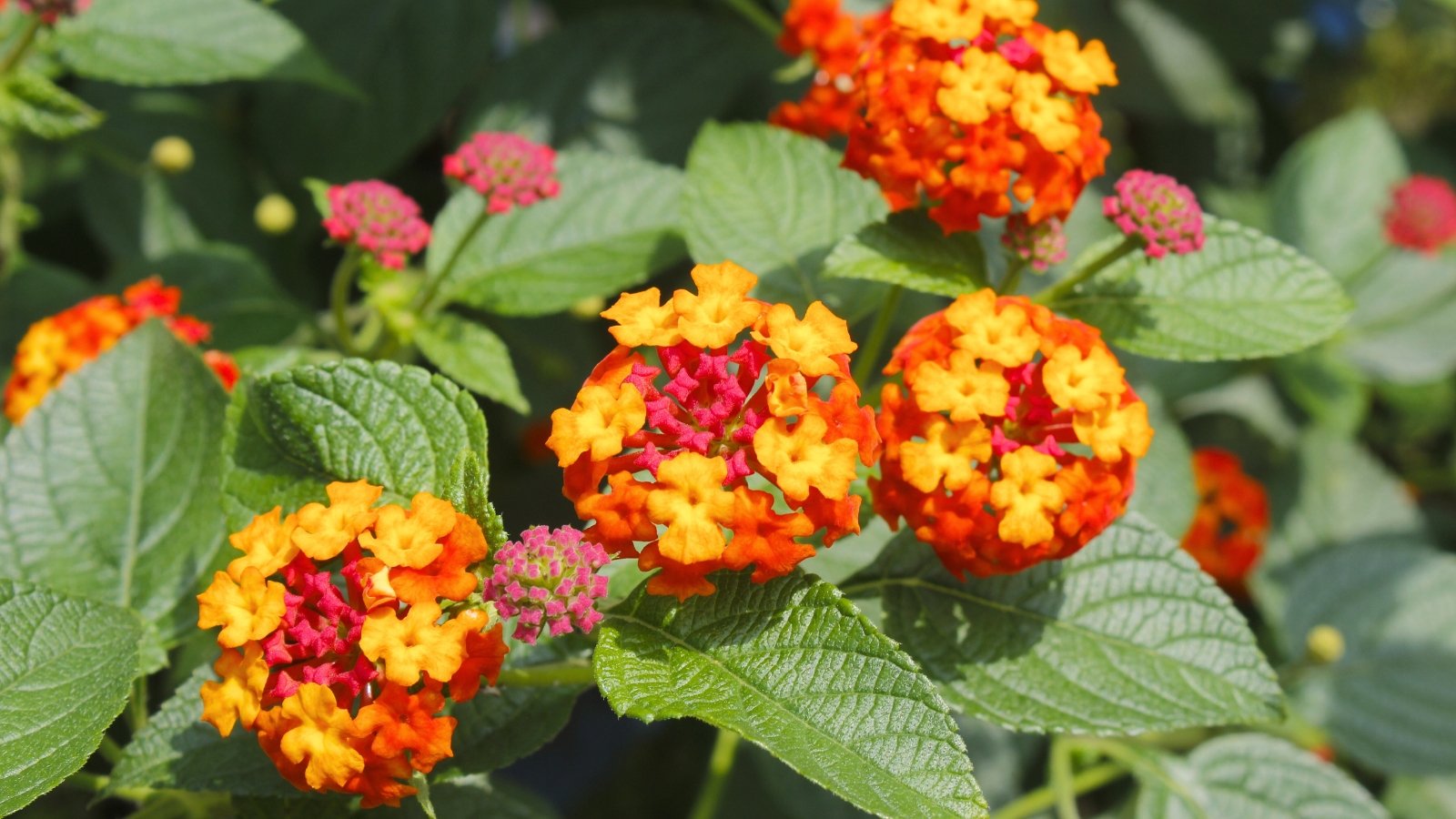 It doesn’t fuss about soil and just wants some sunshine and space.
It doesn’t fuss about soil and just wants some sunshine and space.Rugged and reliable lantana blooms in heat and humidity with low water needs. In both trailing and upright forms, they dot the border with colorful flower clusters and leafy stems. Clusters hold blossoms in varying shades from pale peach and pink to bright red, yellow, and magenta.
Lantana prefers consistent watering with soils allowed to dry slightly between sessions. It tolerates dry spells and doesn’t do well when overwatered or in soggy soils. It also doesn’t require fertilizer to bloom all season. In fact, in certain areas of North America, this plant is classed as an invasive species.
For extra heat and drought tolerance, opt for the ‘Bandana’ series with vivid color combinations. They reach one to two feet tall with varieties like ‘Cherry’ and ‘Lemon Zest.’ The ‘Bandito’ series is more compact for a front-of-the-border lineup.
Gomphrena
 It keeps puffing out color even when summer turns stubborn.
It keeps puffing out color even when summer turns stubborn.Gomphrena, or globe amaranth, is an old-fashioned favorite for its petite pompon flowers in pink, red, gold, magenta, and white. Blooms have a papery texture, and the globes add a sweet pop of color to the border with a long bloom time.
Gomphrena is low-maintenance. It thrives in well-drained soils and withstands heat, humidity, and dry conditions. It may reseed or overwinter in mild climates.
For a compact annual for the border, ‘Ping Pong’ has ball blooms in white, purple, and lavender. ‘Fireworks’ is a top performer where height is an asset, with stems that reach three to four feet. Bright pink powder puffs lend an airy texture, with strong, continual flowering.
Marigolds
 This is the kind of flower that shows up and sticks around.
This is the kind of flower that shows up and sticks around.Marigolds are one of the hardest-working annuals for the border, with easy care. Ruffled blooms in sunny yellow, gold, ivory, and garnet stand out among their feathery deep green or purple foliage. They bloom reliably all summer, and their economy makes them an excellent investment for a punch of seasonal color.
Marigolds have a pungent, minty fragrance in their flowers, stems, and leaves. Fragrance and foliage texture make them unappealing to deer, even though humans enjoy their edible blooms. Use them as a garnish to summer salads and platters or dry them for tea.
Marigolds grow easily and quickly from seed and thrive until hard frost. Amend lean soils with compost at planting to give a boost of nutrition.
Angelonia
 It stays fresh and floral when everything else gives up.
It stays fresh and floral when everything else gives up.Angelonia is a continual bloomer, unfazed by summer heat. Colorful bloom spikes in rich blue, purple, rose, and white cool down the warm-season display. Two-lipped flowers pack stems with fine, deep green leaves. Angelonia has a mounded, bushy habit with either upright or trailing stems, depending on the variety, to soften the border edge.
The workhorse is drought, heat, and humidity-tolerant, thriving in rich soils with good drainage and air circulation. In humid areas, look for the ‘Archangel’ and ‘Serena’ series, both highly disease-resistant to phytophthora fungus rot. Angelonia is self-cleaning and doesn’t need deadheading to keep on flowering.
Scaevola
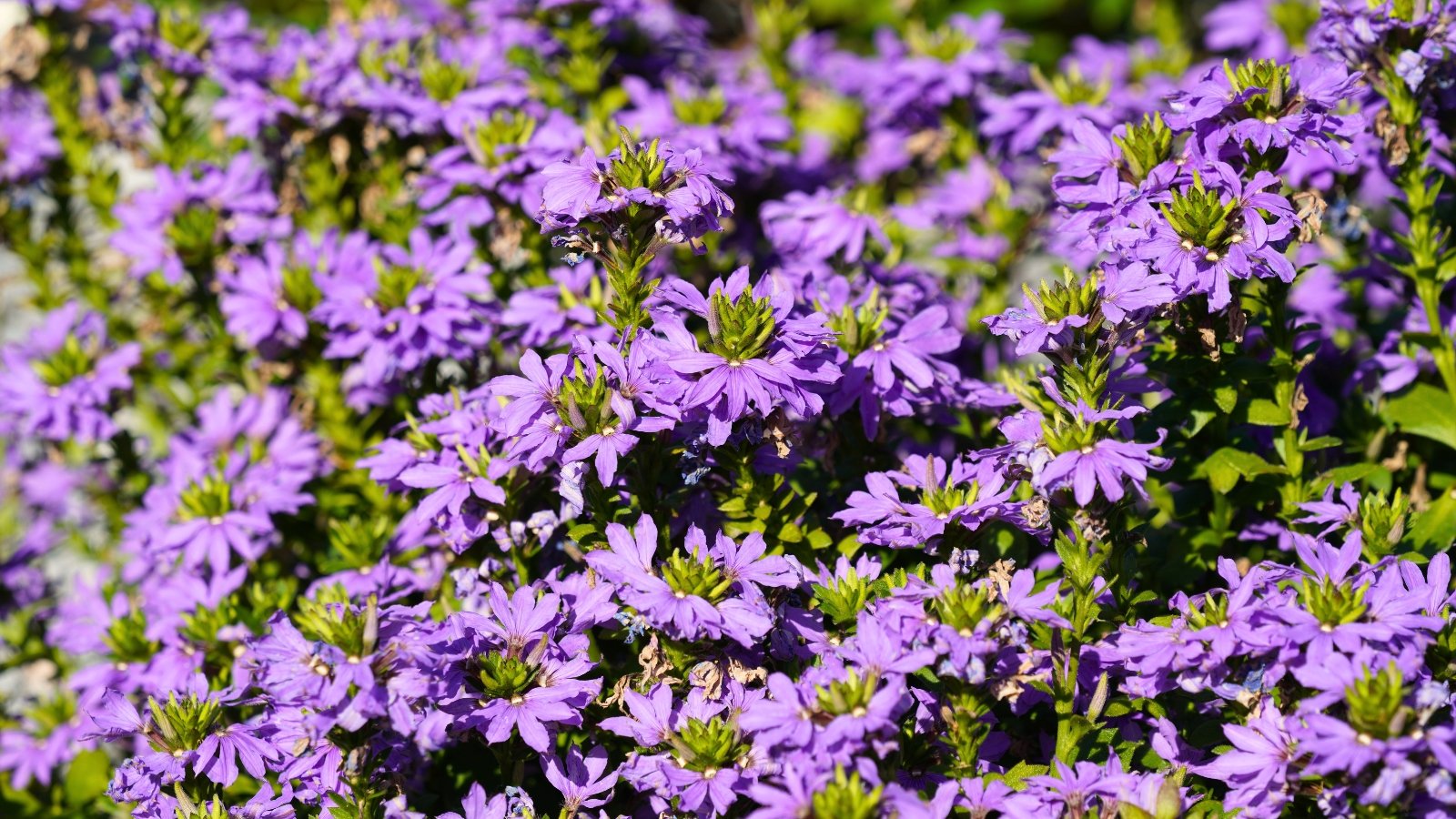 Neat little fan-shaped flowers keep their cool.
Neat little fan-shaped flowers keep their cool.Scaevola, or fan flower, is a graceful spreading annual with fanning blooms in blue, lavender, pink, and white. Scaevola trails along the border edge with dark, leafy stems punctuated by the whirling petals.
These workhorse annual border flowers tolerate heat and drought and are pest-resistant. Allow the soil to dry out slightly between waterings. Like angelonia, spent petals naturally drop and don’t need deadheading for continual blooming.
‘Whirlwind’ is a strong performer in warm climates and reaches about one foot tall. For a lower grower, look to the ‘Fairy’ series at only 6 to 10 inches tall.
Pentas
 Warmth brings out its star-shaped blooms in full force.
Warmth brings out its star-shaped blooms in full force.Pentas relish warmth and begin to show as summer temperatures rise. Starry red, pink, lavender, and white flowers appear in clusters until frost and make the perfect landing pads for pollinators.
The ‘Butterfly’ series brings tall color to the border and can reach two feet. ‘Butterfly’ pentas boast extended bloom time and loads of clusters, up to 20 per plant, make them a standout and a beacon for hummingbirds.
For a low annual border edge, ‘Graffiti’ tops out at one foot and begins flowering earlier in the season with dense, uniform clusters in bright shades.
Melampodium
 They don’t cause any fuss; just continuous sunshine in bloom form.
They don’t cause any fuss; just continuous sunshine in bloom form.Melampodium is an annual we should see more of. Its bright, sunshine-yellow blooms and velvety green foliage form a softly textured mound. The ray petals go continuously through summer and attract pollinators. Birds forage on seeds post-bloom.. And, the sun-loving annual is one of the easiest to grow.
Once established, melampodium is drought-tolerant. These workhorse border annuals don’t need deadheading or pinching to retain their tidy appearance and flower profusely. Ensure proper spacing in humid climates for good air circulation to ward off powdery mildew.
‘Showstar’ displays a blanket of gold on mounding forms that reach up to two feet tall. ‘Million Gold’ is a compact variety with bright yellow flowers.
Cleome
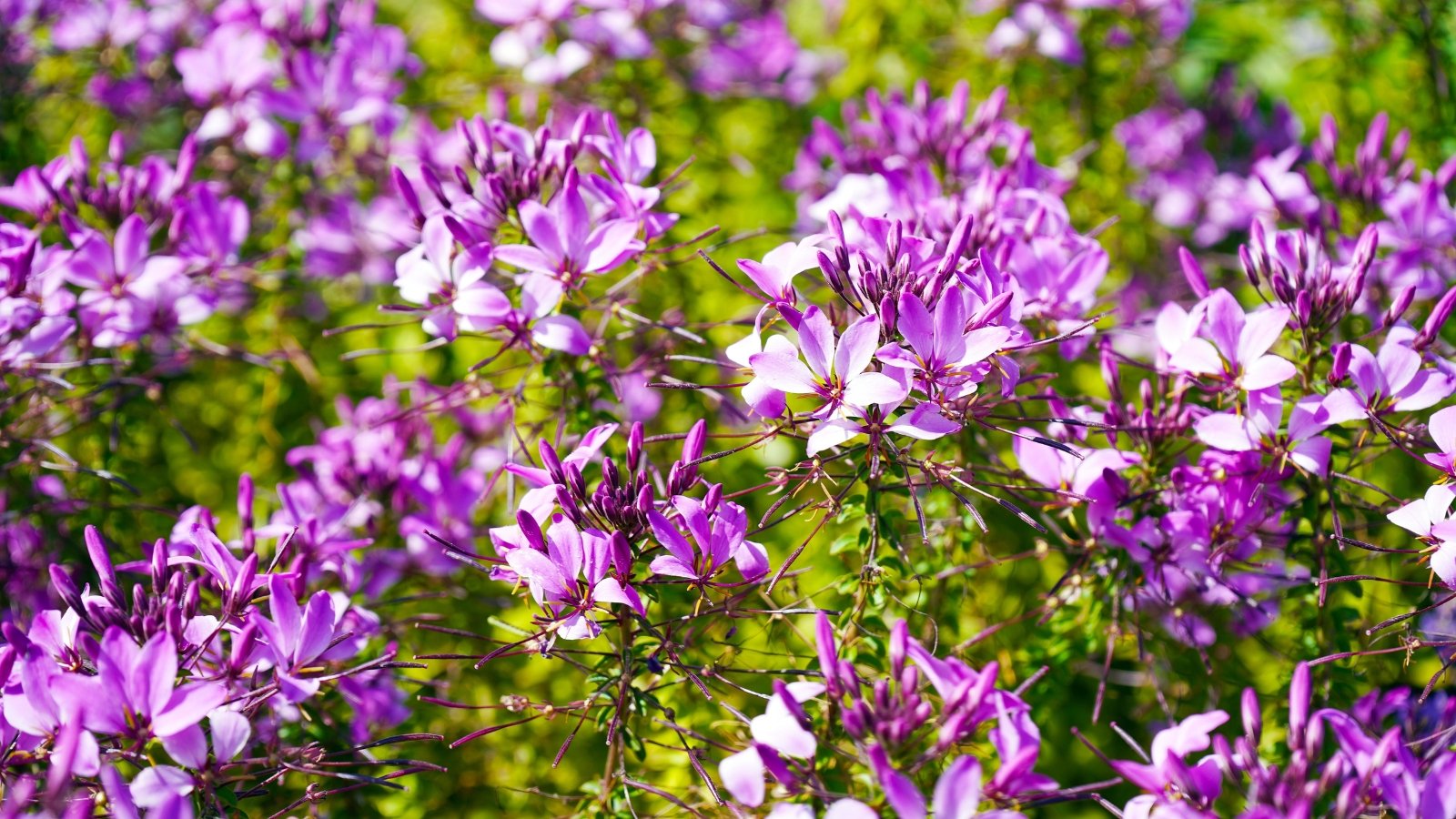 Spidery blooms in vibrant colors light up your garden.
Spidery blooms in vibrant colors light up your garden.Cleome bursts into action with wands of purple, red, pink, and white flower clusters. The easy-care annual with all-season color draws pollinators to its spidery blooms. While older varieties tower in the garden bed, new cultivars are more compact and well-behaved in the border.
‘Sparkler Mix’ is an award-winning hybrid blend that free-flowers until fall. The ‘Seniorita series brings a dwarf form with thornless stems and no reseeding (older varieties may pop up with abandon).
Plant cleome in a mass or group to create a wild show from early summer through frost. They also make excellent cut flowers.
Celosia
 Vibrant, ruffled blooms bring lasting color to the garden.
Vibrant, ruffled blooms bring lasting color to the garden.Celosia is one of the most uniquely textured border annuals with shapely plumes in bold red, magenta, yellow, and orange. From spires to ruffly fans, celosia is durable and low-maintenance.
Celosia ‘New Look’ is an All-America Selections winner with intense red plumes and dark foliage. ‘New Look’ holds its coloration longer than other varieties. At 10 inches tall, this one fills the front of the display. ‘Flamingo,’ with soft, rosy pink and silvery bloom spikes, ages to light silver. These make a taller show at up to two feet.
Celosia in all its heartiness reseeds in the garden. Deadhead spent blooms to prevent unwanted reseeding and pluck any volunteers.
Vinca
 Nonstop blooms brighten up the garden all through summer.
Nonstop blooms brighten up the garden all through summer.Call on annual vinca to work across summer conditions with nonstop blooms. Flowers range from soft pink to cherry red to deep purple against deep green, glossy leaves. Contrasting eyes brighten the bloom centers in clear white, yellow, or pink.
Annual vinca is a good massing annual at the front of the border to complement taller selections. Trailing varieties spill, while most are upright with a contained habit. The heat-tolerant performers withstand moderate dry spells.
The ‘Tattoo’ series spices up traditional vincas with saturated pigments and brush-stroked petals in deep purple-black. The showy blooms last on uniform, well-branched plants.
Begonia
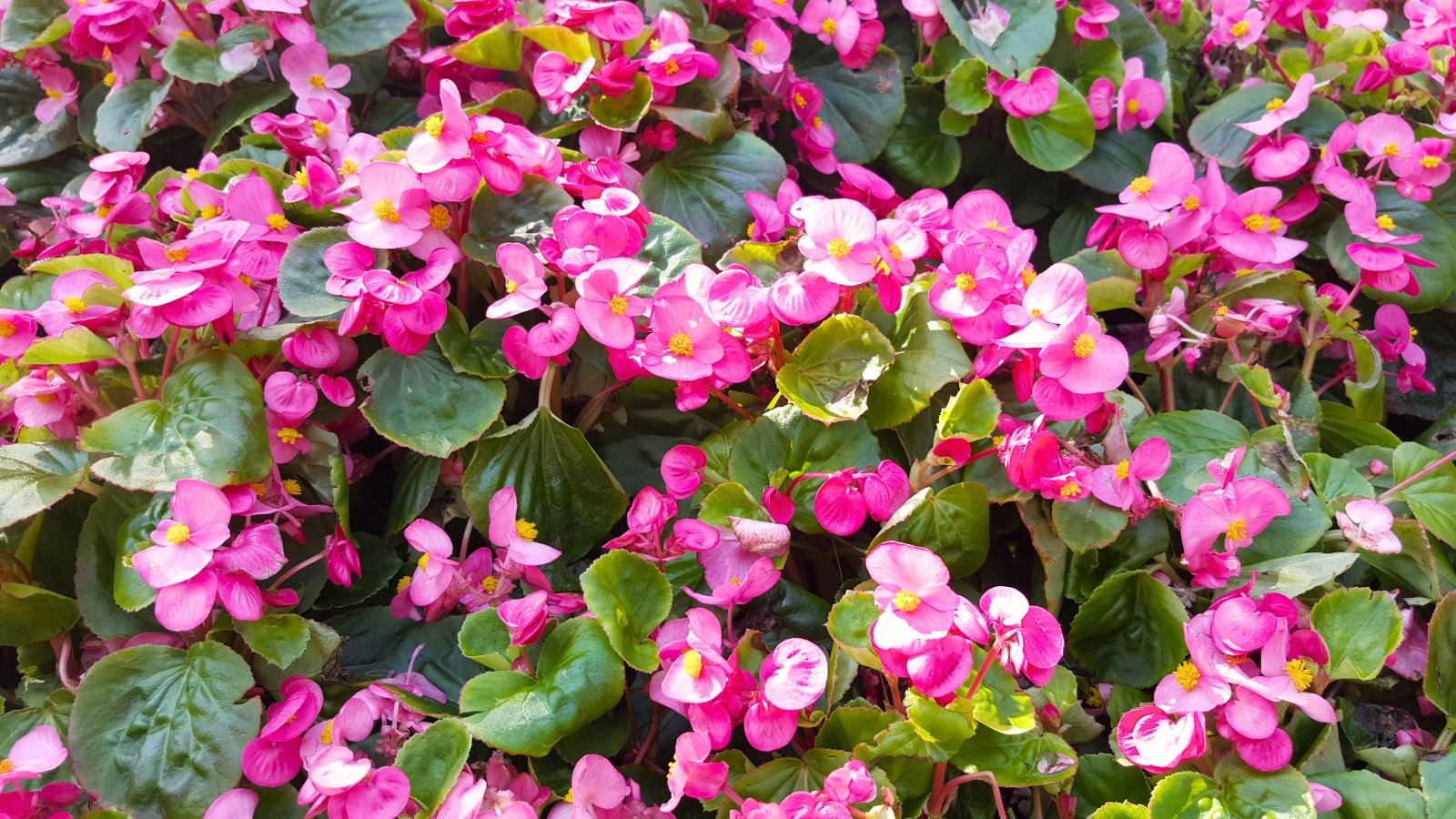 Adaptable blooms thrive in both heat and shaded spots.
Adaptable blooms thrive in both heat and shaded spots.Easygoing and adaptable, begonias tolerate heat, humidity, and dry shade. They bring color with pendulous blooms on tuberous stems and thick, waxy leaves.
Angel wing begonias tuck into shady spots with foliar interest and continual flowers. Their wing-shaped leaves feature dramatic mottling in rich tones. Clusters of white, red, pink, or salmon blooms suspend from arching stems.
Opt for bronze-leaf begonia varieties for borders with more sun. Pink or white blooms give a graceful look, while bold red provides contrast and metallic green leaves.
Mexican Heather
 It overwinters as an evergreen, perfect for mild climates.
It overwinters as an evergreen, perfect for mild climates.Mexican heather is a compact and rounded border specimen with branching stems and dense, small leaves and lavender blooms. The false heather blooms profusely all summer until hard frost and, in warm climates, it may overwinter as an evergreen.
Mexican heather tolerates sun, heat, humidity, salt, and periods of drought, though it performs best in evenly moist, well-drained soils. A tough plant with a delicate aesthetic, Mexican heather brings its rugged Cuphea qualities.
For a fun twist, ‘Tiny Mice’ is a dwarf variety of Cuphea llavea (bat-faced cuphea) with purple flower faces and red-petaled ears. Hummingbirds enjoy the nectar-rich tubular blooms on 10-14-inch stems.
Verbena
 This compact beauty blooms from spring to fall’s first frost.
This compact beauty blooms from spring to fall’s first frost.Annual verbena yields bright clusters of small, starry flowers on the tips of its spreading or upright stems. Blooms range from clear pastels in white, blue, and peach to rich red, magenta, and violet.
‘EnduraScape™’ verbena grows and blooms on summer’s hottest days while tolerating fall and spring temperatures in the teens for an extended bloom season. Dwarf at 8 to 12 inches tall in striking dark purple, blue, and delicate pink, it’s a fit for the front of the annual border.
Verbena tolerates drying out between waterings, but it appreciates regular moisture for best blooming. Perennial verbena, like ‘Homestead Purple,’ is a good performer in hot, humid climates. Give stems a trim to rejuvenate growth if they become leggy.
Livingstone Daisy
 This low-maintenance beauty thrives in heat with minimal water.
This low-maintenance beauty thrives in heat with minimal water.Livingstone daisy is a low-growing, tender perennial that forms a trailing carpet of glimmering green succulent leaves. In June through October, daisy-like flowers in hues from white to purple-red appear on leafy stems.
These tough plants tolerate drought and heat, preferring warm temperatures and drier soils. ‘Sparkle Blend’ pops with coral, white, orange, and red ray flowers. They grow easily from seed, ready to perform along the border or walkway edge.
This plant has succulent qualities and low water needs, though it’ll appreciate moisture to prevent dry roots. They need well-draining soils to flourish.


 2 months ago
24
2 months ago
24
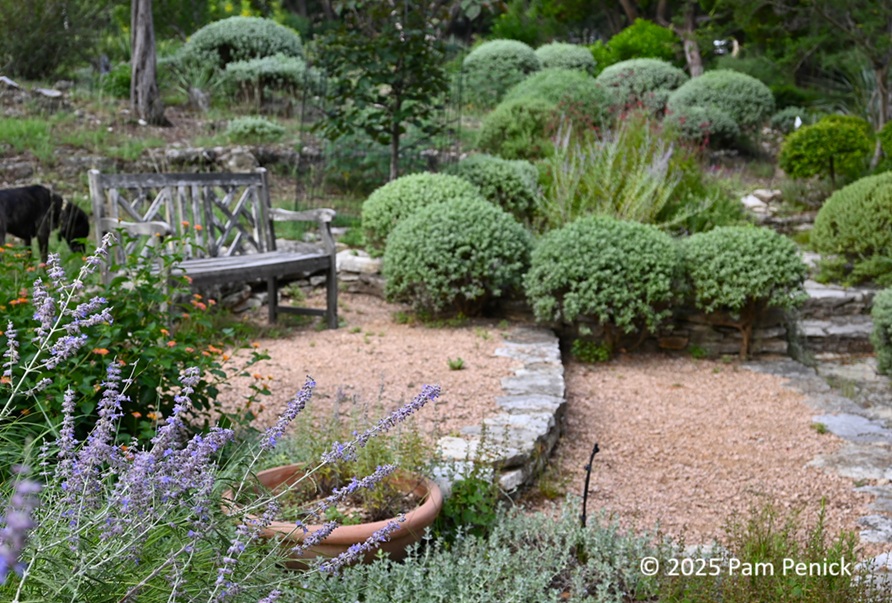
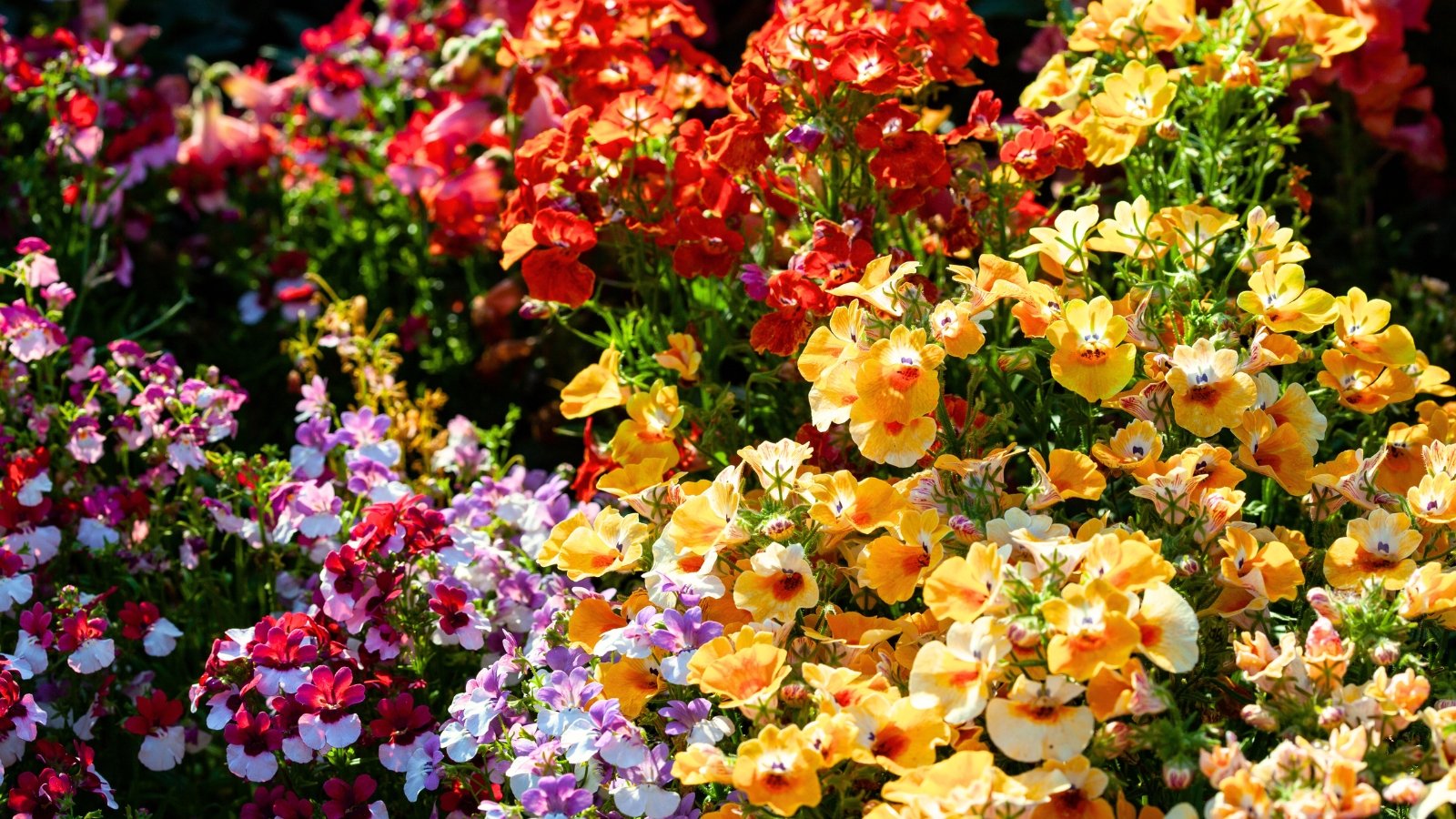
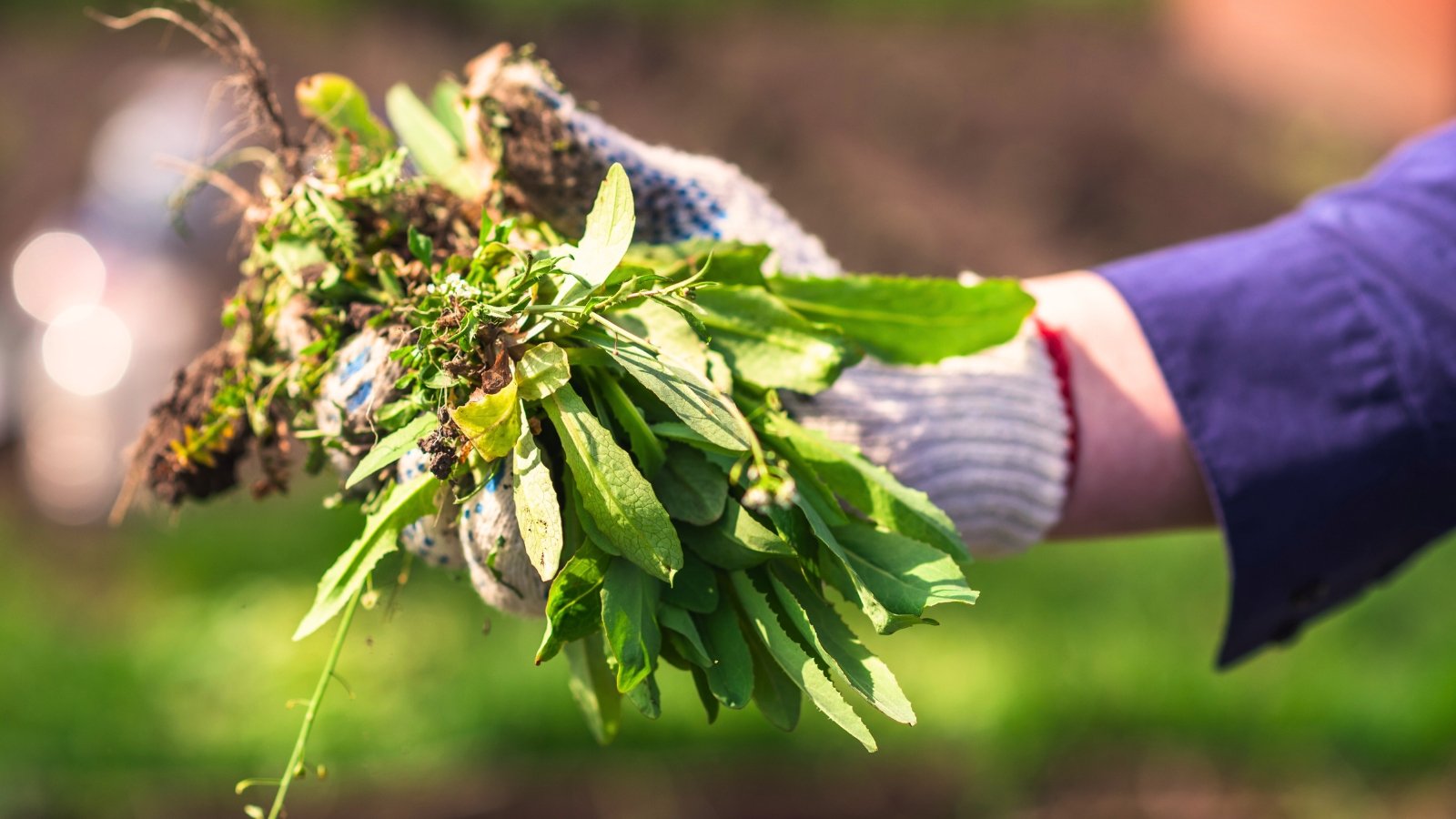
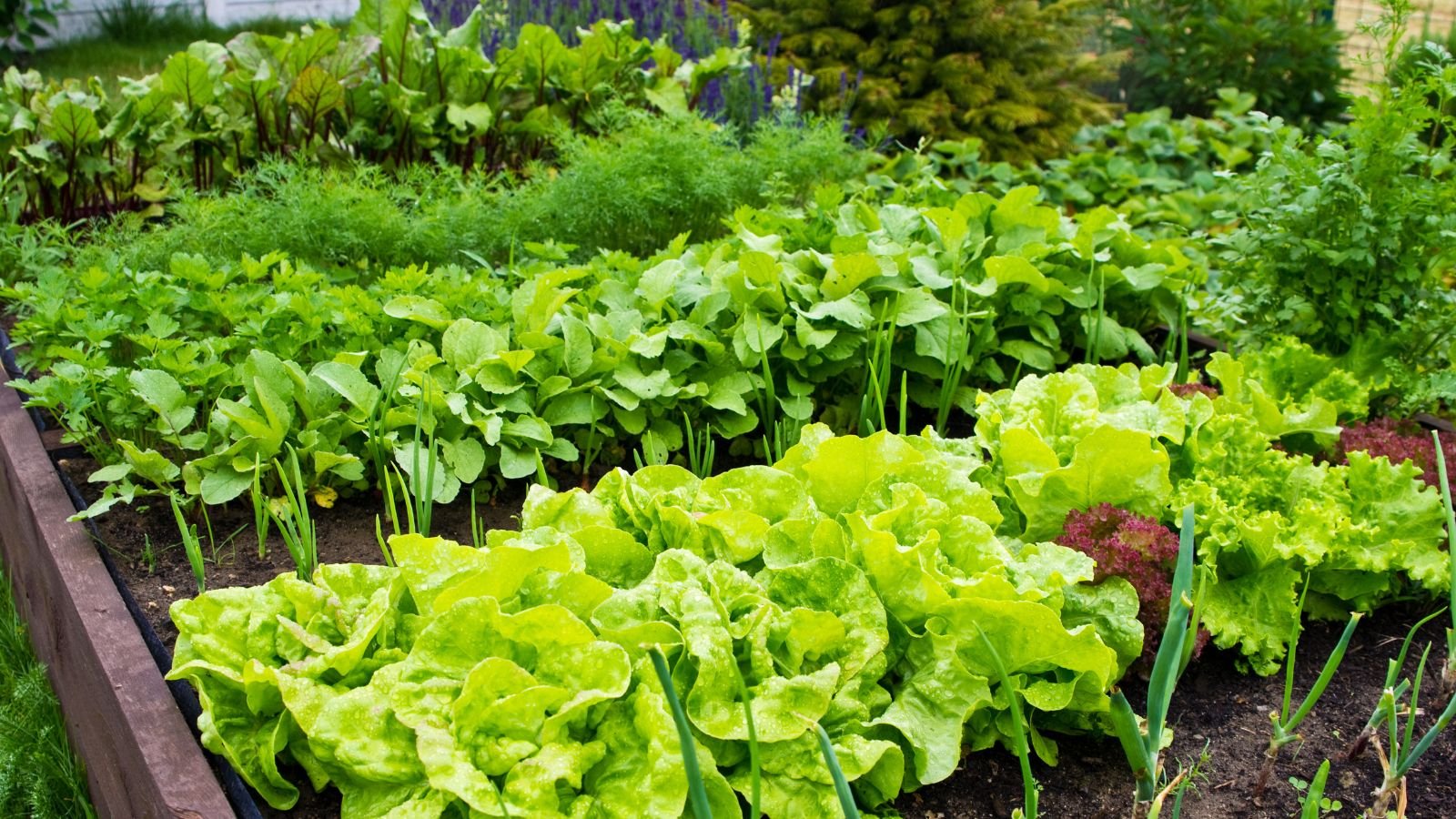
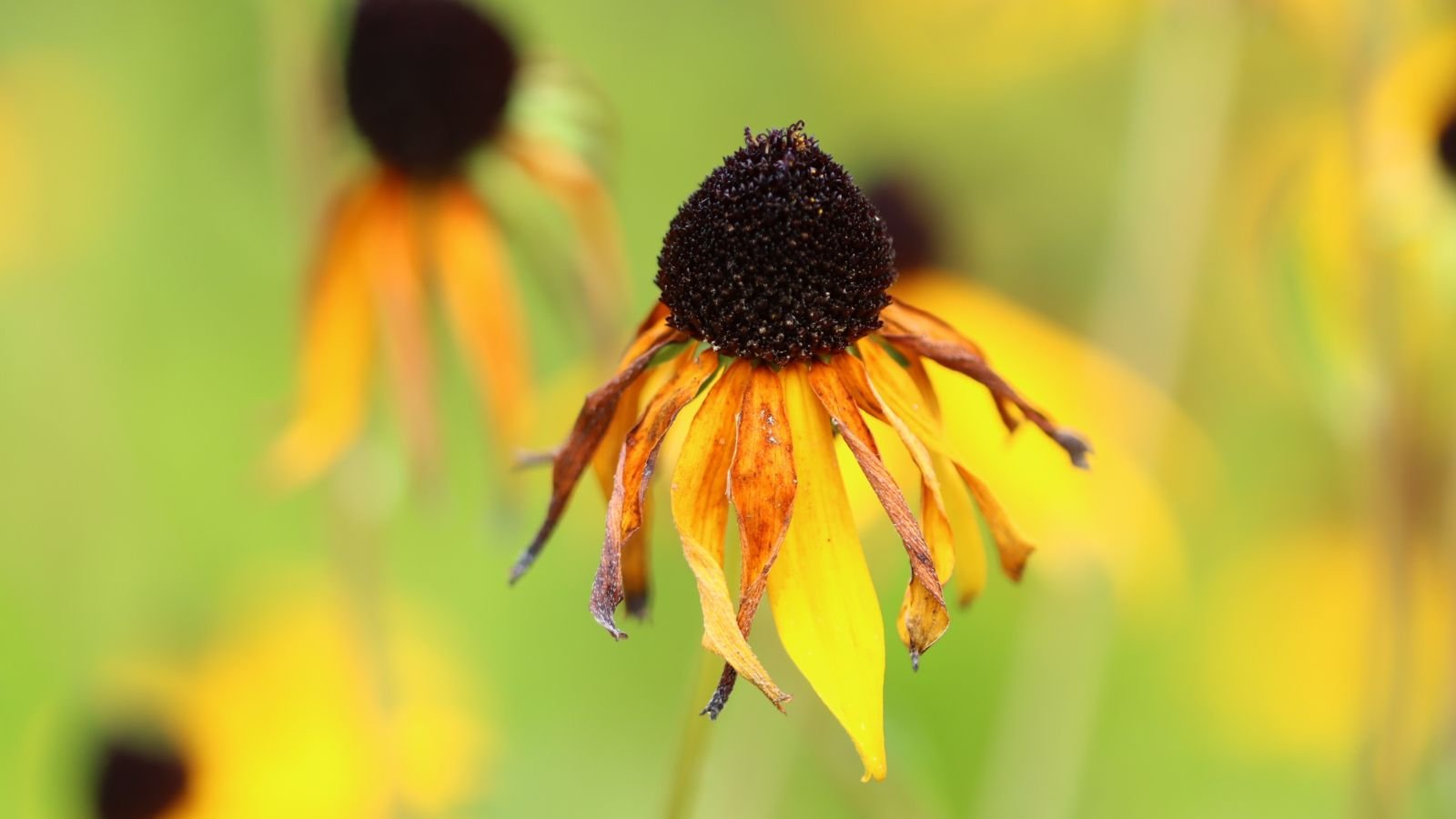
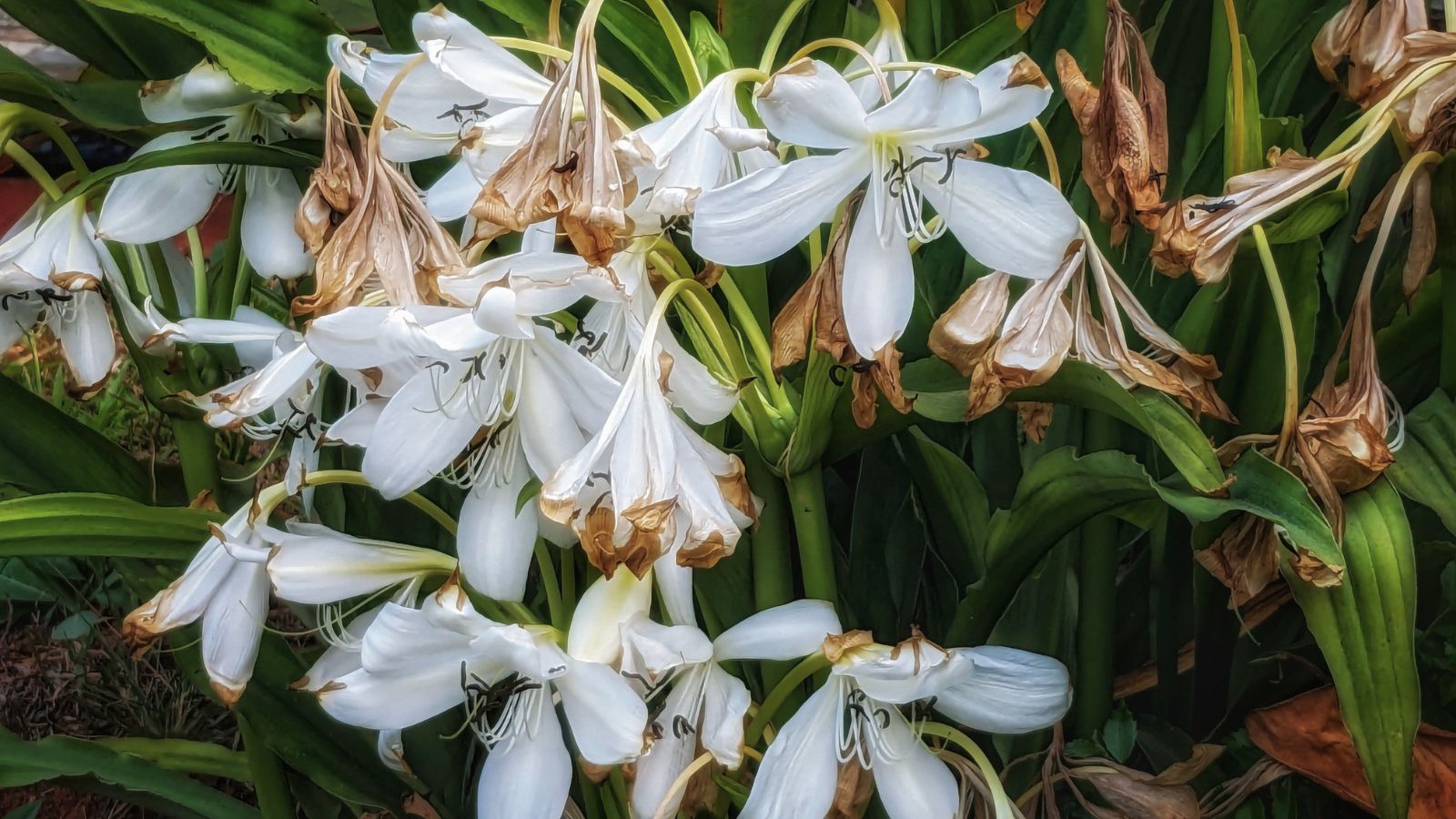
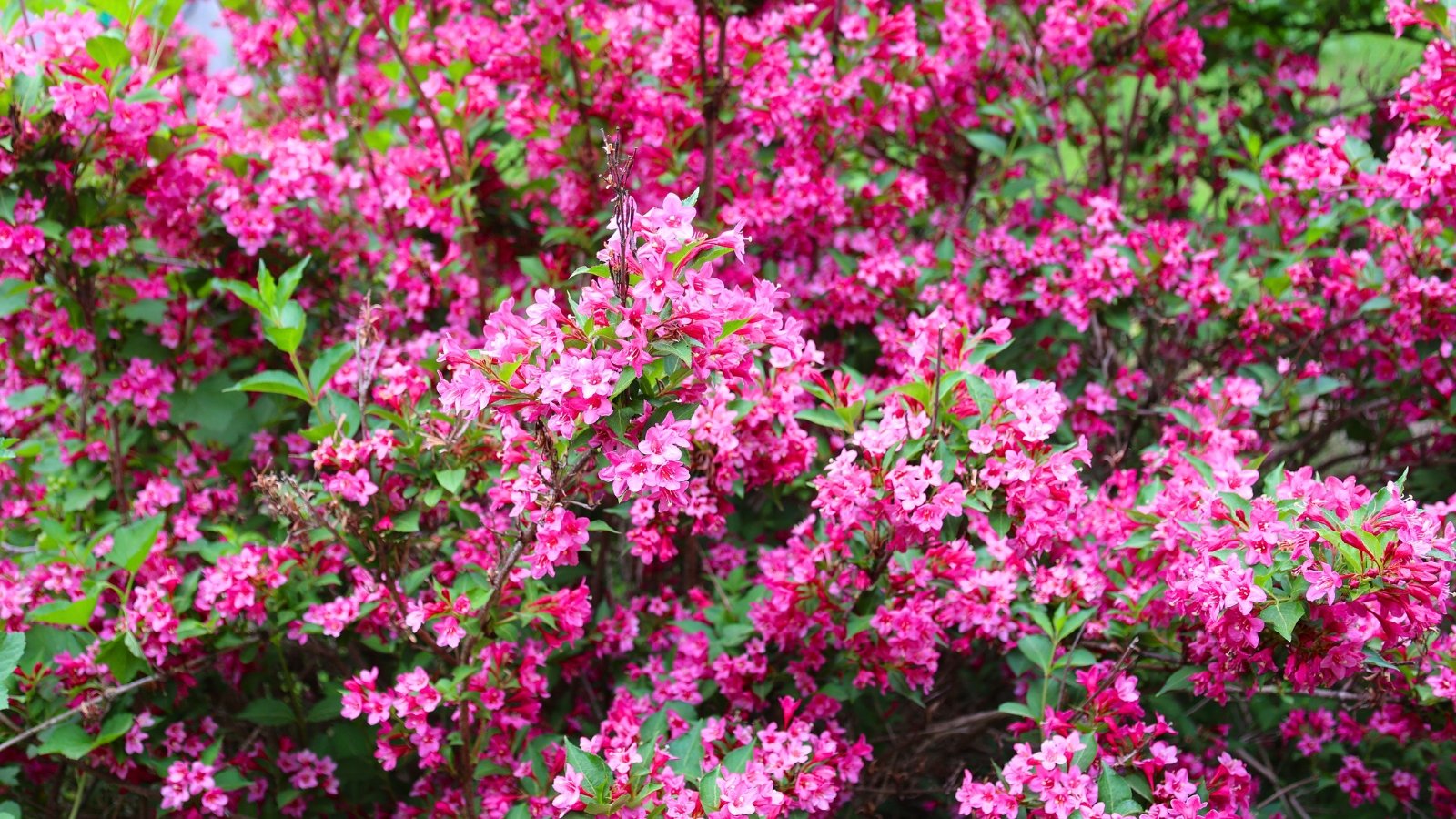














 English (US) ·
English (US) ·  French (CA) ·
French (CA) ·